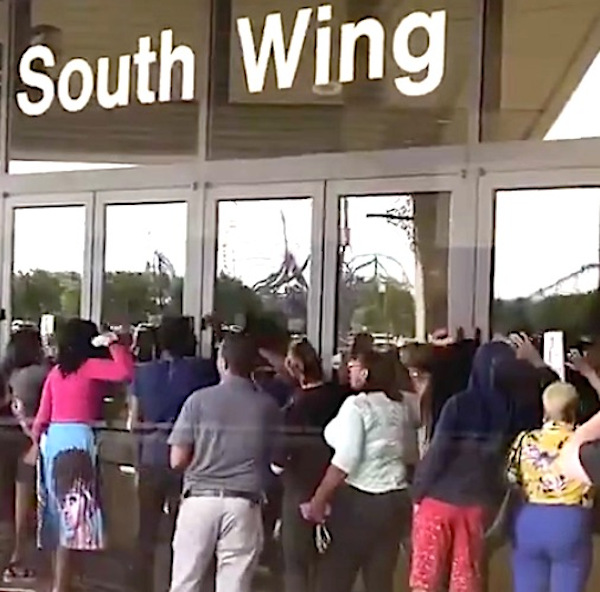
LOUISVILLE, KY — Among concerns about the growing pandemic, tensions between the U.S., and its international allies and domestic unrest, the upcoming election has taken on additional importance to voters who are frustrated with ineffective and self-interested leadership.
This electoral climate is exemplified in the Senate race in Kentucky. Six-term incumbent Mitch McConnell, the top Republican in the Senate, remains deeply unpopular. Despite this, he is favored to win a seventh term, facing only token opposition in his primary.
Surprisingly, the Democratic primary contest between moderate Amy McGrath, a former Marine fighter pilot, and Louisville progressive Charles Booker caught the nation’s attention. McGrath was endorsed by the national Democratic Party and had a massive edge in funding and name recognition compared to Booker, but he had a late surge in popularity due to his participation in protests against the police murder of Breonna Taylor, a Louisville woman shot during a no-knock raid.
This primary race was complicated by the pandemic, leading to concerns about voter suppression and vote tampering. The number of polling locations were reduced to 170, spread among 120 counties, with many having only one polling place. Jefferson County (which includes Louisville) had only one polling place for more than 600,000 voters, including nearly half of Kentucky’s African American voters. The huge cut in polling locations led to complaints of voter suppression, but the numbers do not tell the entire story.
The Louisville area’s one polling place was the Kentucky Exposition Center where large numbers of voters could socially distance. In the late afternoon on election day, road closures and a traffic incident blocked routes into the center, keeping a significant number of voters from reaching the center before the doors locked at 6 p.m. Images on social media showed voters banging on the windows. Fortunately, doors reopened, allowing voters to cast ballots.
But questions remain. McGrath beat Booker by a narrow margin in the Democratic primary. Did discouraged voters leave before the doors reopened? How many voters were disenfranchised by a lack of transportation to the Expo Center? Were votes thrown out because of an unnecessarily complex absentee ballot process? If so, would those votes have made a difference in the final tally? Why did KDOT close roads on three sides of the Expo Center on Election Day?
Voter suppression takes on many forms from many sources. How can Americans know if the will of the people will be done in November? We need policies that ensure that all votes are counted, with more polling hours and physical access. We demand the reopening of neighborhood polling places and a clear absentee ballot process. Voters who do not or cannot drive must have access to transportation options. These issues must be addressed before Americans go to the polls in the fall to choose the future of our nation.
Tim Druck is an independent photojournalist and musician from Kentucky.
People’s needs first, says West Virginia US Senate candidate
